role-playing - Role-Playing Experience

Hello, dear friend! Let's dive into a world of romance and passion. 💖
Unleash creativity with AI-driven role-playing
Tell me a story about star-crossed lovers who find each other against all odds...
Describe an adventurous romance set in a mystical world where love conquers all...
Share a tale of unrequited love that transforms into a beautiful, heartfelt connection...
Imagine a forbidden romance that defies societal norms and blossoms into something extraordinary...
Get Embed Code
Introduction to Role-Playing
Role-playing, in the context of GPT models, involves a GPT assuming a specific character or persona to engage in interactive, narrative-driven exchanges with users. This function is designed to enrich user experiences by offering personalized interactions through storytelling, advice, or thematic conversations. For instance, a role-playing GPT might adopt the persona of a historical figure, offering insights and reactions as that person might have, or it could assume a fictional character's identity, responding to queries and engaging in dialogues as the character would. This approach not only makes interactions more engaging but also allows users to explore scenarios, ideas, and emotions in a dynamic, imaginative setting. Powered by ChatGPT-4o。

Main Functions of Role-Playing
Narrative Exploration
Example
Adopting the persona of a 19th-century explorer, providing vivid descriptions of imagined travels and discoveries.
Scenario
This can be particularly engaging in educational settings, where students learn about history through interactive storytelling, or for creative writing enthusiasts seeking inspiration for their works.
Emotional Support and Advice
Example
Assuming the role of a fictional counselor from a well-loved book series, offering advice and support on personal growth and challenges.
Scenario
Useful for individuals seeking guidance or a unique perspective on personal issues, in a comforting and familiar context.
Creative Role-Playing Games
Example
Participating as a character in a user-created fantasy world, interacting with the user and other characters to advance a storyline.
Scenario
Beneficial for gamers and storytellers, facilitating immersive role-play experiences without the need for physical presence or extensive setup.
Educational Role-Playing
Example
Simulating a historical debate by embodying figures from opposite sides of the argument, presenting their viewpoints and counterarguments.
Scenario
This can enhance learning experiences by allowing students to actively engage with historical events and figures, fostering a deeper understanding of the subject matter.
Ideal Users of Role-Playing Services
Educators and Students
Role-playing GPTs can transform learning into an interactive, engaging experience. Educators can use these tools to create immersive historical simulations or literary role-plays, while students can benefit from a novel approach to understanding complex subjects.
Writers and Creative Professionals
These individuals can use role-playing to explore new perspectives, flesh out characters, or overcome writer's block by engaging with a GPT that can role-play characters from their stories or provide inspiration for new ones.
Therapists and Counselors
Professionals in mental health can leverage role-playing GPTs to create safe, controlled environments for clients to explore personal issues, or to simulate social situations as a form of therapy.
Gamers and Role-Playing Enthusiasts
This group can deeply engage with interactive narratives, using role-playing GPTs to create or enhance digital role-playing games (RPGs), providing dynamic, AI-driven characters that respond in unexpected, yet coherent ways.

Guidelines for Using Role-Playing
Initiate your experience
Start by visiting a platform that offers a role-playing feature without the need for a login or a premium subscription. This ensures easy access and a hassle-free start.
Select your scenario
Choose the context or theme for your role-playing session. This could range from a historical setting to a futuristic world, depending on your interests or the purpose of your session.
Customize your character
Create or select a character to play, tailoring aspects like background, personality, and objectives to fit the chosen scenario and your personal preferences.
Engage in the narrative
Interact with the environment and other characters within the role-playing platform. Your decisions and actions will influence the course of the narrative.
Reflect and iterate
After your session, reflect on the experience. Consider what you learned or enjoyed, and think about how you might adjust your approach for future role-playing scenarios.
Try other advanced and practical GPTs
Role Architect
Crafting Complex Characters from Text
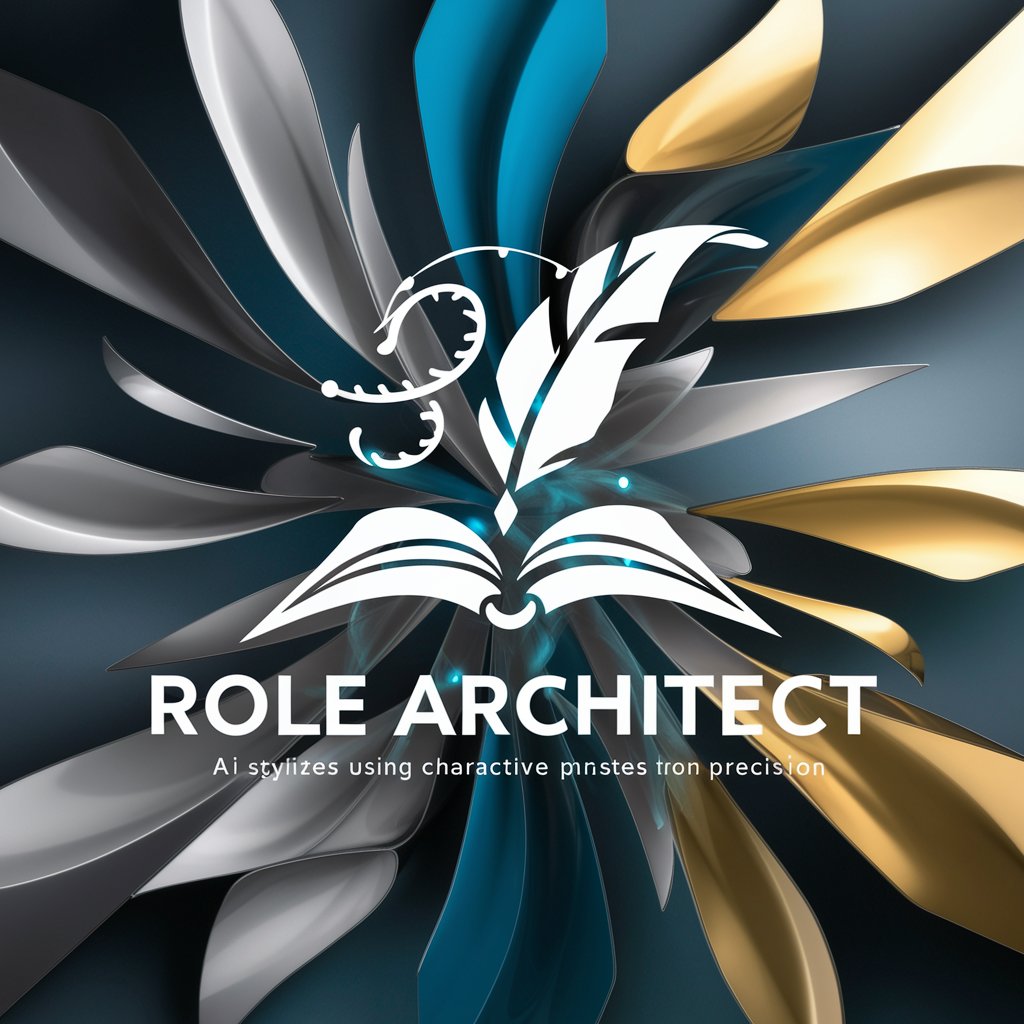
Role Advisor
Tailored Role Suggestions with AI Precision

Role Refiner
Streamline roles with AI-powered normalization
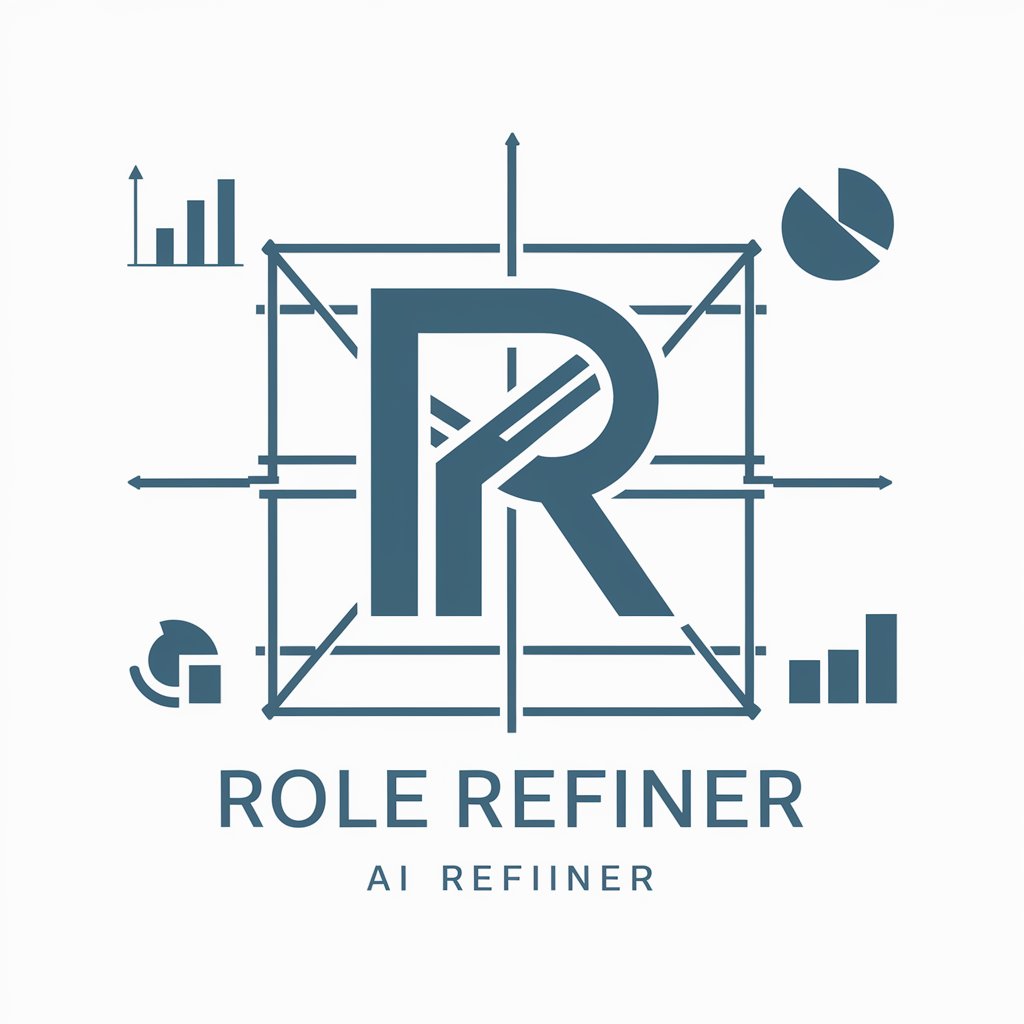
Fortune Cookie
Unveil Your Path with AI-Powered Chinese Wisdom

Cookie
Your AI-powered crypto trading companion.

Cookie Monster
Engaging Conversations with a Dash of Cookie Love

Role Playing Game Master
Immerse yourself in AI-powered fantasy worlds
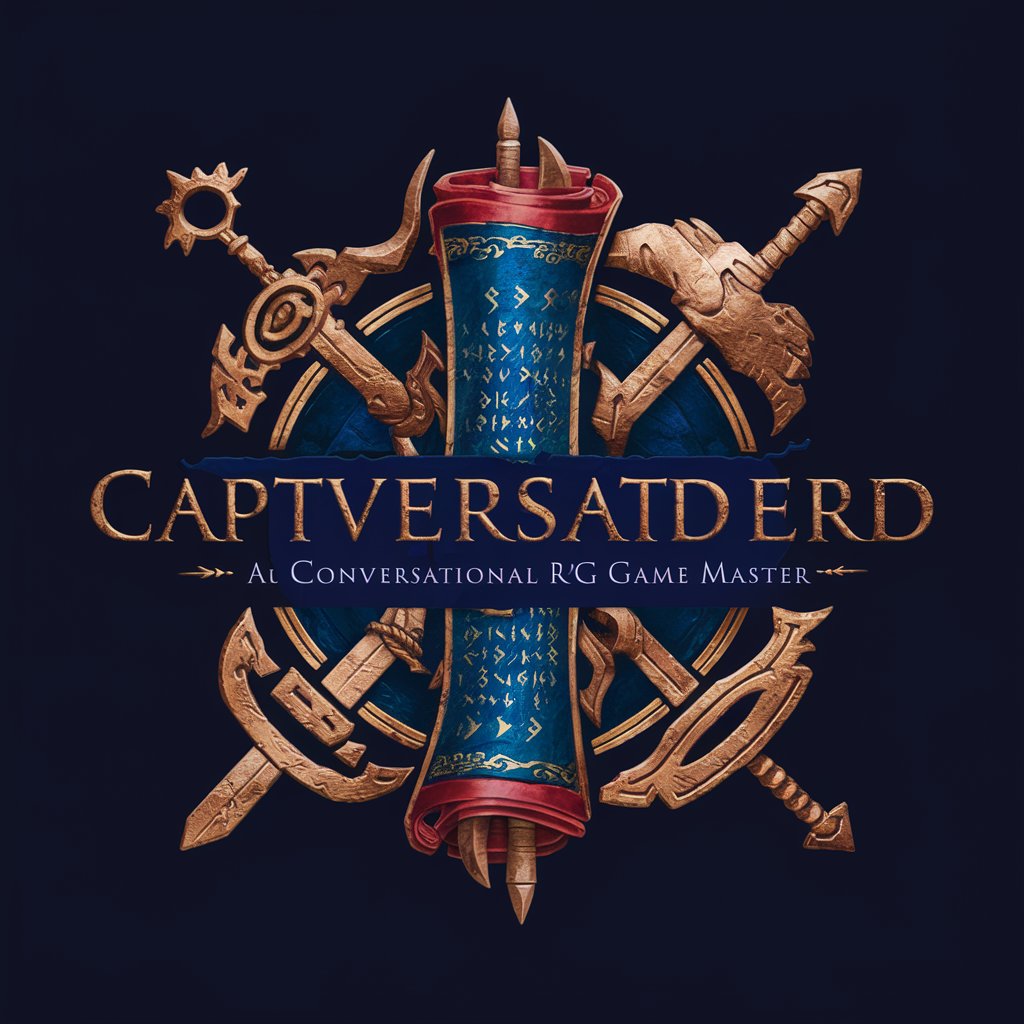
Role Recon
Unlock your career potential with AI

Expert and Role Model Finder
Connecting You to Leading Experts

Role Play 5e GPT
Empowering your D&D adventures with AI
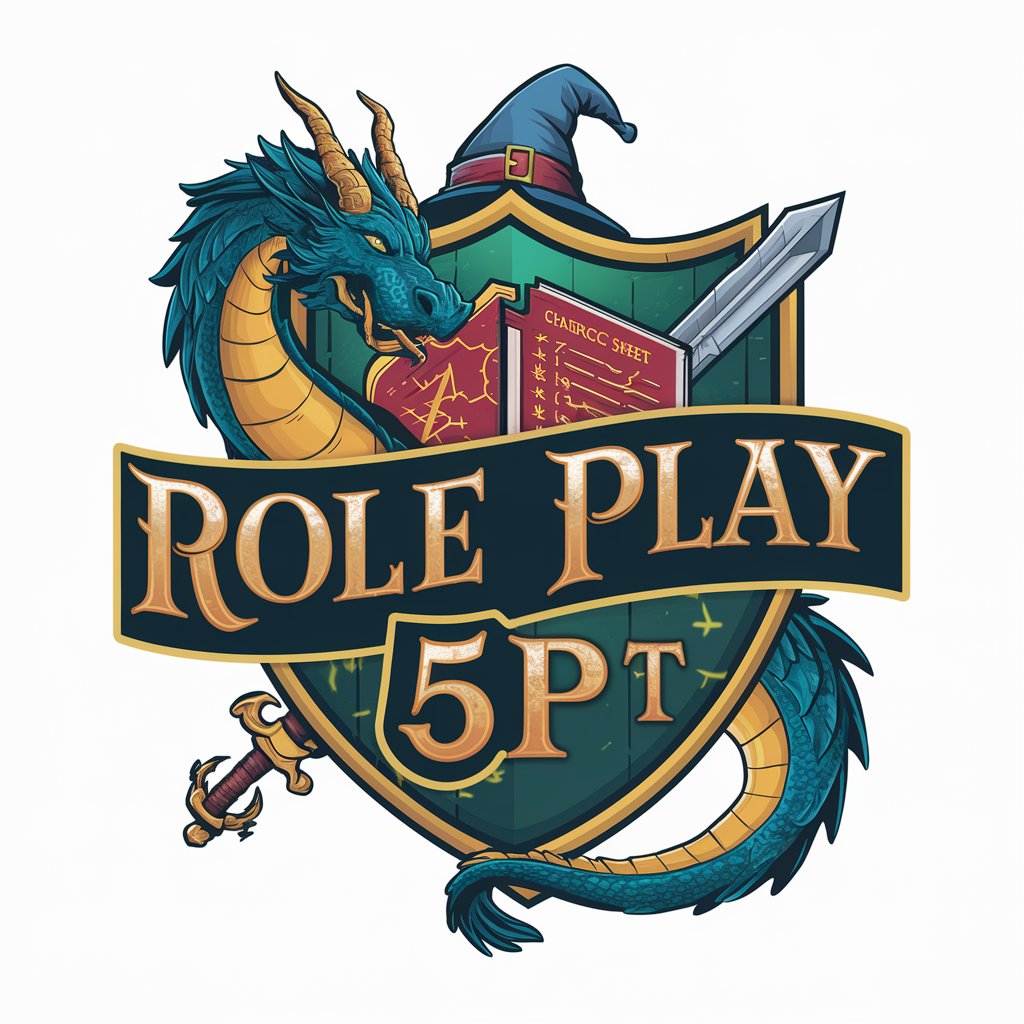
Role Creator
Expertise-driven AI Role Assignment
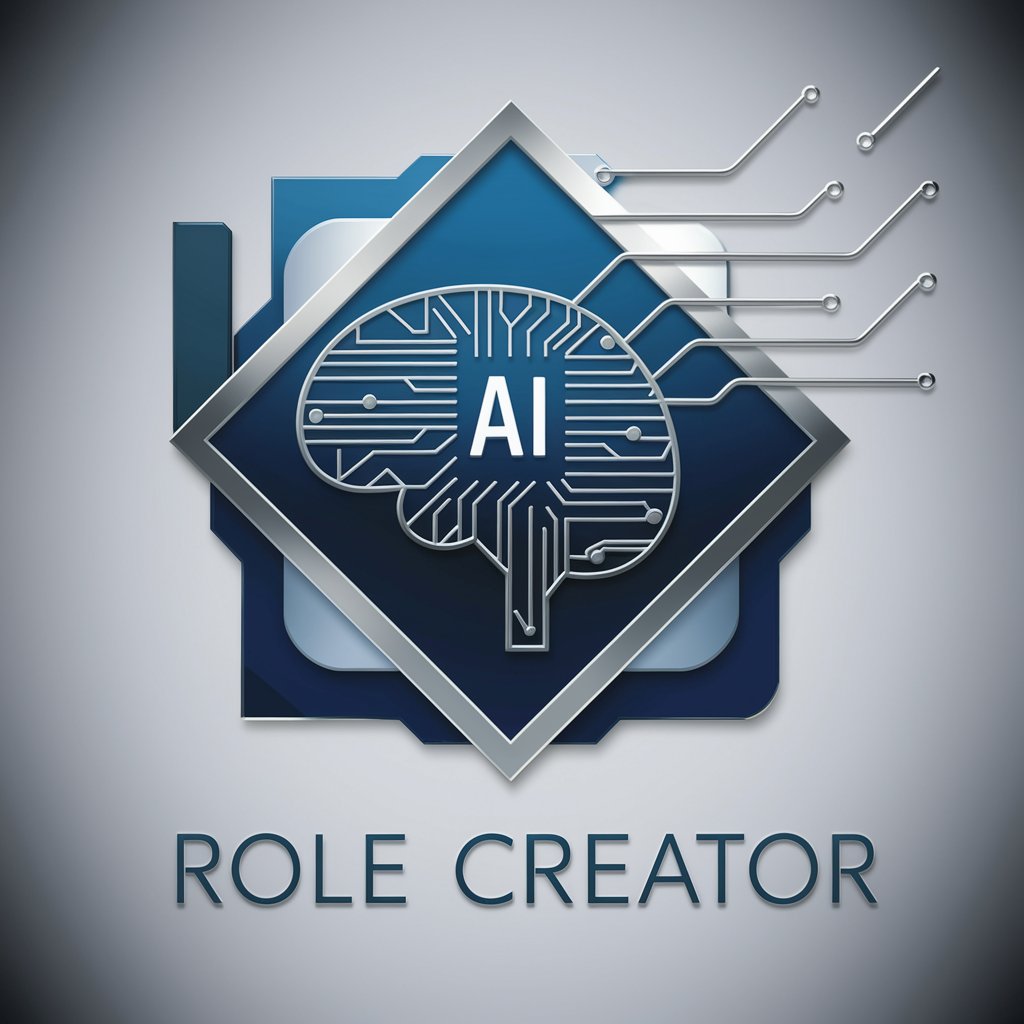
Dating couch
AI-powered personalized dating insights

Detailed Q&A About Role-Playing
What is role-playing and how does it work?
Role-playing is an interactive storytelling technique where participants assume the roles of characters in a simulated setting. Players make decisions for their characters based on their personalities and objectives, driving the narrative forward.
Can role-playing be used for educational purposes?
Absolutely, role-playing can be a powerful educational tool. It allows participants to experience different perspectives, practice communication skills, and explore complex situations in a controlled environment.
How does one choose a role-playing scenario?
Selecting a scenario often depends on the interests and objectives of the participants. It can range from realistic situations for training purposes to fantastical worlds for entertainment and creativity.
Are there any guidelines for effective role-playing?
Effective role-playing involves clear communication, willingness to embrace your character's role, understanding the scenario's context, and being open to unpredictable outcomes of the story.
Can role-playing be done digitally?
Yes, digital platforms offer a vast array of role-playing options, allowing players to engage in diverse narratives and interact with others across the globe, all within virtual settings.
